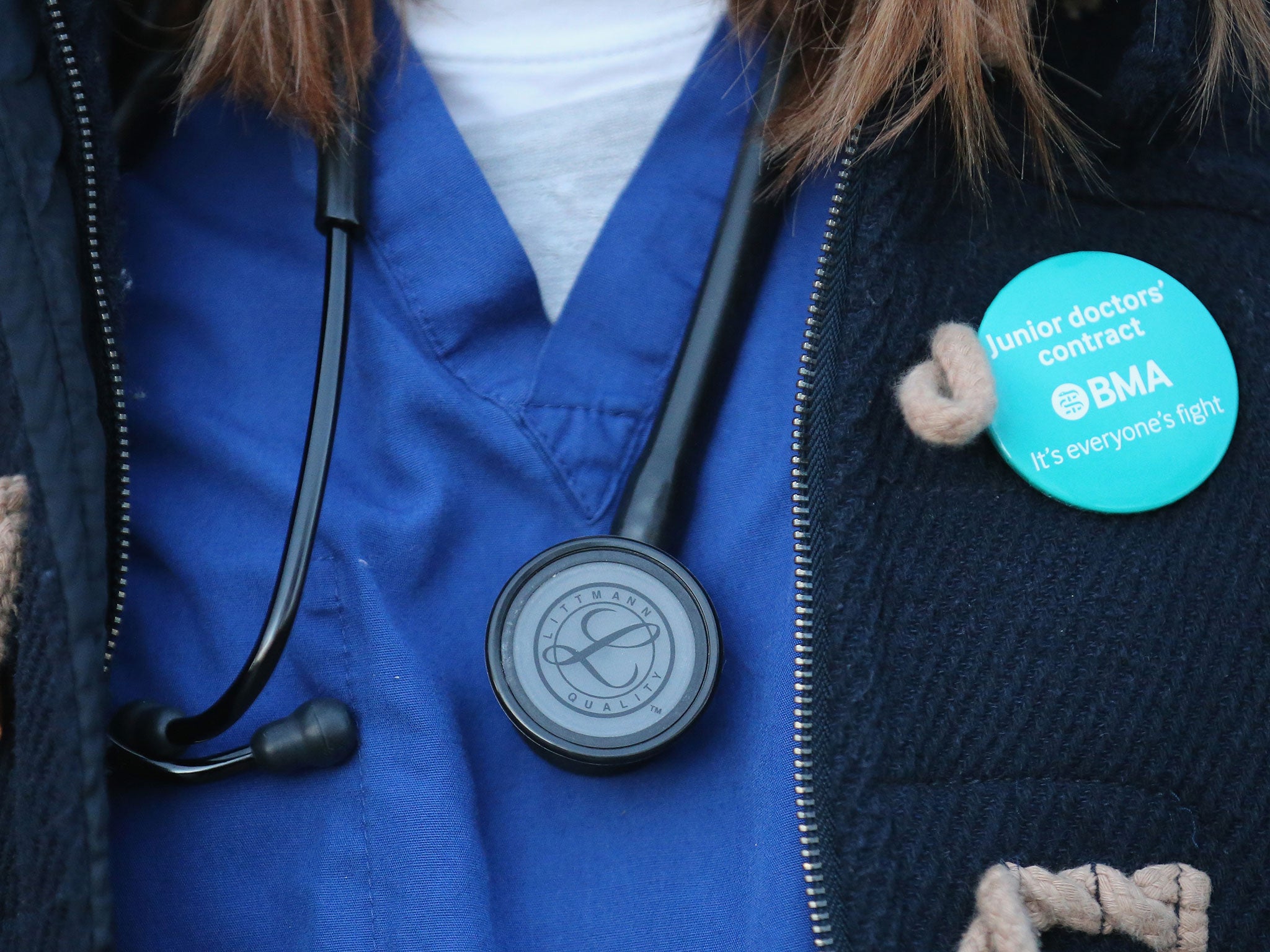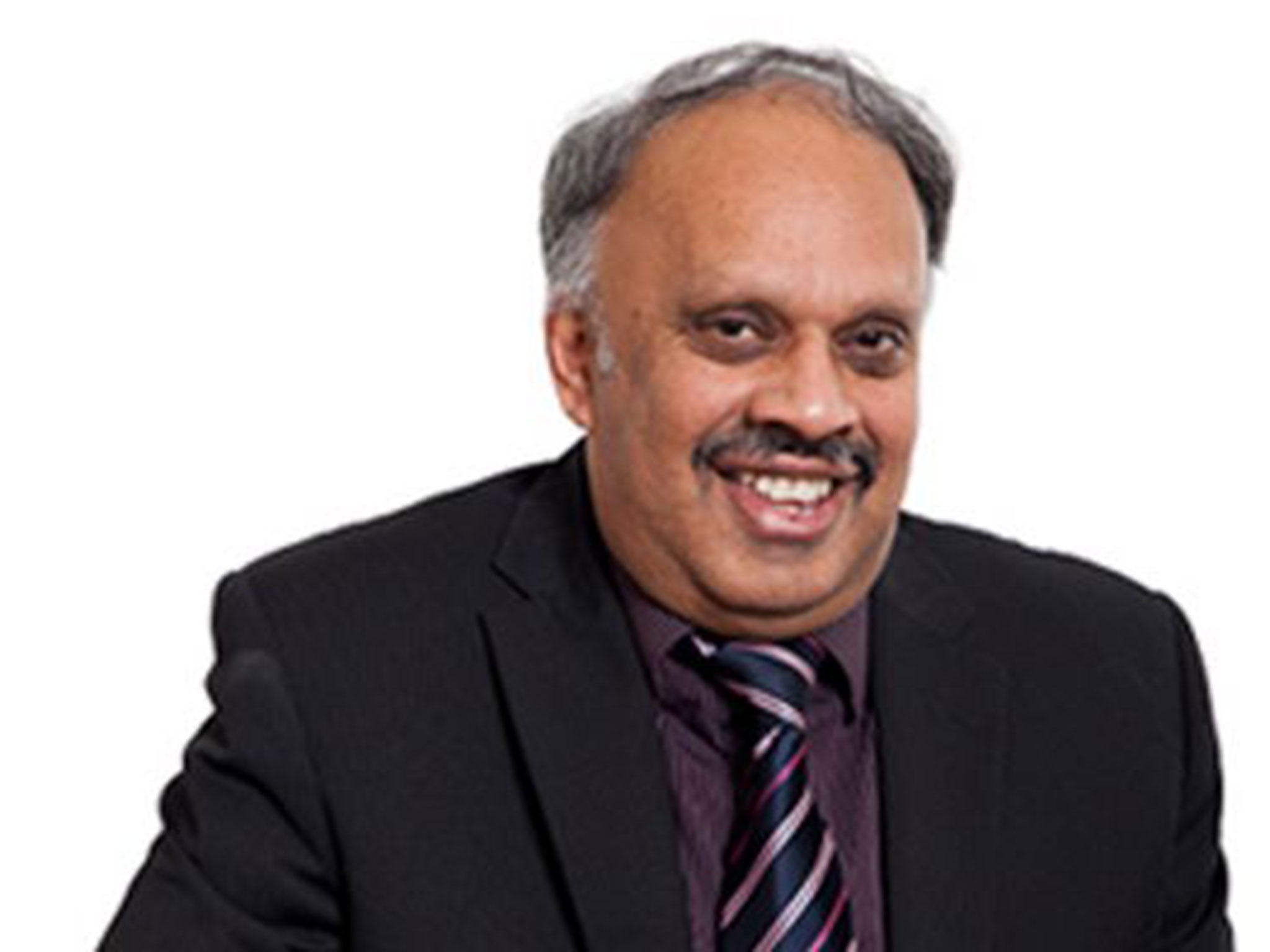Hundreds of GPs recruited from India to help Government meet pledge to add 5,000 family doctors by 2020
Deal with Apollo Hospitals will involve the transfer of up to 400 GPs, but Health Education England said the details ‘are still under discussion’

Hundreds of GPs are being recruited from India to help fill the growing crisis in general practice and meet a Government pledge to add 5,000 family doctors by 2020.
Health Education England, the non-departmental body of the Department of Health responsible for NHS training, has signed a "memorandum of understanding" with a major hospital chain in India.
The deal with Apollo Hospitals will involve the transfer of up to 400 GPs to England but HEE said that the details "are still under discussion" according to Pulse, the primary care magazine.
The Chennai-based hospital chain, which employs more than 40,000 people and has a £500m turnover, offers a diploma in family medicine which is accredited by the Royal College of General Practitioners.
Apollo Hospitals said it signed the memorandum as a "starting point" to explore how both countries can benefit from "the mutual exchange of ideas and clinical staff in improving the education and training of healthcare staff" and patient care.
"These are initial discussions but we look forward to announcing the outcomes of this work over the coming months and years as it progresses."
The move to recruit GPs abroad comes after doctors’ leaders claimed this week general practice is "crisis" and warned that the sector is nearing "saturation point".
Workloads increased by 16 per cent over the last seven years as family doctors in England deal with more frequent and longer consultations while the rate of GPs has decreased, according to a major study in The Lancet.
The Government gave a pre-election pledge it would recruit an extra 5,000 GPs by 2020, but many doctors say Health Secretary Jeremy Hunt will struggle to meet it.
Dr Umesh Prabhu, former chair and current member of the British International Doctors Association executive committee and a consultant paediatrician in Wigan, warned that the Apollo deal was "a dangerous move".
He told Pulse: "These doctors are not trained to be GPs in the UK and my biggest worry is around vulnerable patients, such as child abuse. Their training is entirely different. I have concerns for the doctors’ safety and the patients’ safety."
Dr Maureen Baker, Chair of the Royal College of General Practitioners, said any doctors arriving from outside the EU would have to pass the GMC's Professional Linguistic and Assessments Board test.
“Any suggestions that they will simply be ‘parachuted in’ to practise in the UK is grossly misleading," she said.
“The RCGP has had a longstanding partnership with Apollo Medvarsity in India, and we accredit their Diploma in Family Medicine – but this recognises excellence in family medicine at an International level. It is not a shortcut to becoming a GP in the UK."
GP crisis: A doctor speaks out
The staffing crisis now hitting GP surgeries mirrors the situation that affected nursing in recent years - seen by many as the inevitable outcome of cutting nurse training places.
NHS trusts around the country regularly host open days in Portugal, Spain, and further afield to boost numbers back home as fewer British-trained nurses come through the system.
Roughly one in four nurses are now recruited abroad and the Apollo Hospitals "deal" suggests health officials are now following the same path to boost GP numbers.
With the Government's pledge to add 5,000 more family doctors by 2020, they have their work cut out. Many think that target impossible to achieve.
One GP in Hampshire told me his surgery is three GPs down and he has had no success in bringing in new partners.

"We're back filling with locums, who cost a lot and therefore another drain on the partnerships finances. The buzzword across the profession is 'resilience' but nobody really seems willing to grasp the reality that Hunt cannot deliver 5,000 more GPs by 2020 - it just won't happen.
"Even if there were more 10,000 more GPs today, every appointment would be filled. The system is broken and the general public need to seriously consider what they want from their primary care service."
Further evidence that general practice is in crisis can be seen almost every day in the local newspaper letters pages around the country.
Following the Lancet's report this week on "unsustainable" workloads for GPs, Dr Jonathan Evans, a Senior Partner at Whitecliff Surgery in Blandford, Dorset, described his daily routine that is exactly that.
He and his colleagues are now working 12-14 hours a day, with an excess of 70-90 patient contacts per doctor, per day, he wrote. The European average is 25 contacts per day.
The figure equates to one patient contact every 9 minutes, without break, throughout the working day.
"This extreme situation is unsustainable and is leading to the demise of UK general practice, with disastrous implications for patients and the NHS as a whole," he wrote.
Paul Gallagher
Join our commenting forum
Join thought-provoking conversations, follow other Independent readers and see their replies
Comments